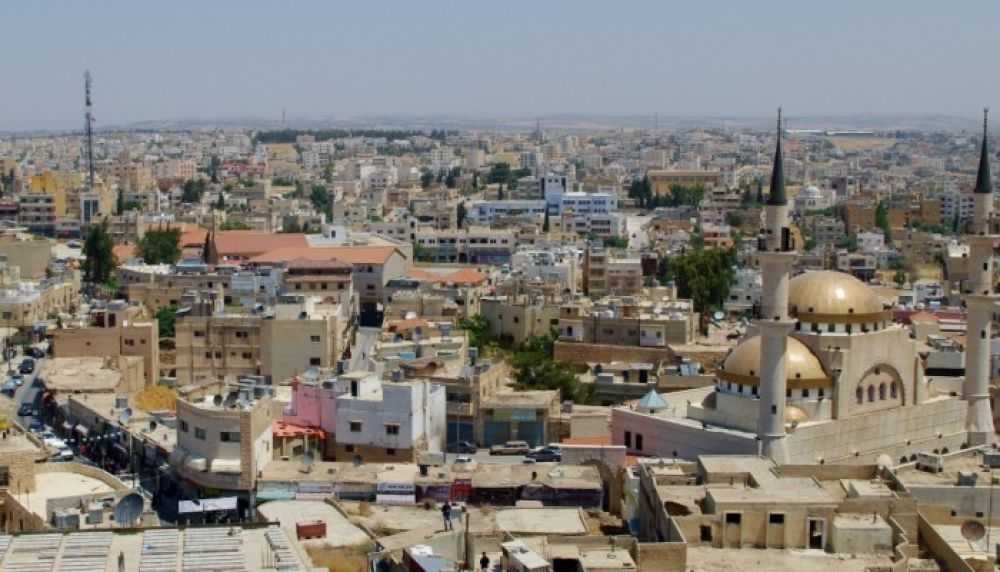

Madaba, an ancient town in Jordan, is renowned for its rich history and cultural heritage. Over the years, it has become a quintessential stop for archaeology enthusiasts and history buffs alike. The history of tourism in Madaba, specifically at Tell Madaba - the archeological mound located in the heart of the city - has evolved significantly through the years, reflecting the broader trends in heritage and cultural tourism.
Madaba's journey to becoming a tourist hotspot can be traced back to the late 19th century with the discovery of the Madaba Map. The Madaba Map is a Byzantium-era mosaic map depicting ancient Jerusalem and other holy sites. Discovered in 1884, this treasure attracted scholars and pilgrots, which marked the beginning of Madaba's tourism history.
The 20th century witnessed a surge in archaeological interest in Madaba. Various excavations, particularly at Tell Madaba, revealed layers of history, including ruins from the Iron Age, the Roman, Byzantine, and Islamic periods. These findings gradually turned Madaba into a significant archaeological site, captivating tourists seeking ancient history and biblical connections.
By the late 20th century, Madaba was firmly established on the tourist circuit, with Tell Madaba as one of the key attractions. It found a place on the itineraries of cultural tours that explored the biblical landscapes and historical narratives of Jordan. Visitors from around the world flocked to Madaba to witness firsthand the convergence of history and culture unearthed in the area.
Recognizing the value of Madaba's heritage, the Jordanian government and international organizations invested in enhancing the tourism infrastructure. Museums, visitor centers, and conservation projects were undertaken to better accommodate and educate tourists. The Madaba Archaeological Park and the Madaba Institute for Mosaic Art and Restoration are notable results of such investments, preserving Madaba's historical assets and promoting sustainable tourism.
In recent years, Madaba has witnessed an evolution in tourism trends, with a rise in eco and experiential tourism. Tourists are now seeking authentic experiences that include local immersion and eco-friendly practices. Madaba's culinary tours, homestays, and local craft workshops reflect this growing desire for connection with local culture and sustainable travel.
Like many other tourist destinations, Madaba was impacted by the COVID-19 pandemic. However, the city has shown resilience with enforced health protocols and initiatives to revitalize tourism. Moreover, the pandemic has heightened the appeal of destinations like Madaba that offer open-air sites and less crowded attractions.
Looking ahead, Madaba continues to focus on responsible and sustainable tourism. Efforts are being made to balance preservation with visitor engagement. Enhancing digital access to heritage through virtual tours and interactive experiences is becoming a priority, ensuring that Tell Madaba remains a fascinating destination for future generations.
Tell Madaba in Madaba, Jordan, stands as a testament to the region's ability to blend history, culture, and tourism in a meaningful and sustainable way. As it continues to adapt to the latest trends while holding onto its rich historical roots, Madaba will undoubtedly continue to captivate the hearts and minds of travelers from all over the globe.